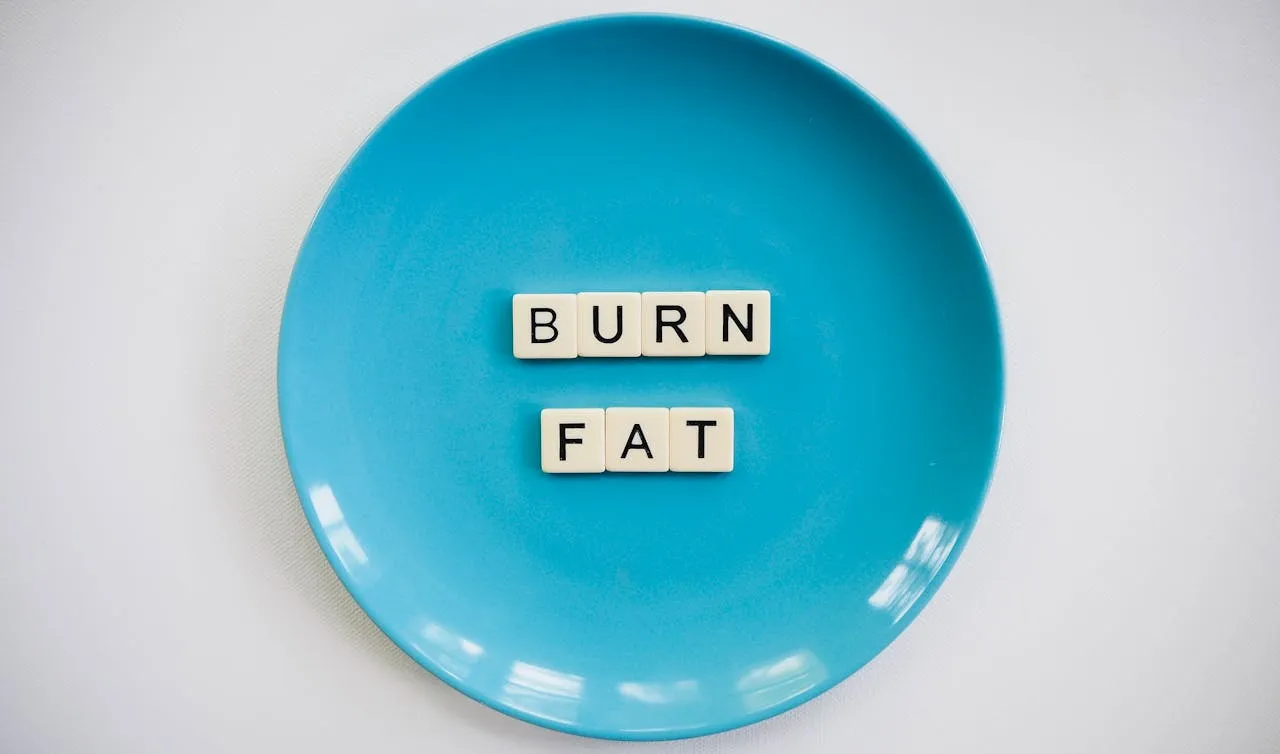 Friday, October 18, 2024
Friday, October 18, 2024Ketogenic Diet: The Key to Fat Burning and Mental Clarity
The ketogenic diet, often simply referred to as the “Keto diet,” has garnered considerable attention in recent years. This dietary approach, characterized by a drastic reduction in carbohydrate intake and a high fat content, was originally developed to assist individuals with epilepsy. Today, it serves as a pathway for many to lose weight, enhance mental clarity, and stabilize blood sugar levels. But what truly lies behind the Keto diet, and why has it attracted such a significant following?

How the Keto Diet Works
In the Keto diet, the body is prompted to utilize fat as its primary energy source instead of carbohydrates. Typically, the body derives its energy primarily from glucose, which is obtained from carbohydrates. However, when carbohydrate intake is drastically reduced (usually to less than 50 grams per day), the body no longer has sufficient glucose to produce energy. Consequently, it begins to burn stored fat and produce ketones, which the body then uses as an alternative energy source. This state is known as “ketosis.”
Ketosis is a natural metabolic state that allows the body to efficiently burn fat. For many, this process results in a quicker and more sustainable weight loss compared to other diets. Additionally, numerous individuals report feeling more energetic and mentally clearer while in ketosis.

Benefits of the Ketogenic Diet
One of the principal reasons the Keto diet has gained such popularity is its ability to facilitate weight loss. By reducing carbohydrates and increasing fat intake, the body is compelled to use its fat reserves as the primary energy source. Many individuals experience significant changes in their body weight within the first few weeks. Yet, weight loss is merely one of the many benefits.
Another significant advantage of the Keto diet is the stabilization of blood sugar levels. With minimized carbohydrate intake, there is also a reduced necessity to produce insulin, which is responsible for processing sugar in the blood. This can be particularly beneficial for individuals with Type 2 diabetes or insulin resistance, as the Keto diet can help to maintain stable blood sugar levels.
Many proponents of the Keto diet also report enhanced mental clarity and concentration. Ketones are a more efficient energy source for the brain than glucose, which can lead to improved cognitive performance. This makes the Keto diet especially appealing to individuals who need to focus on mental tasks or are seeking ways to enhance their cognitive abilities.
In addition to these benefits, there is evidence suggesting that the Keto diet may have anti-inflammatory effects and could reduce the risk of chronic diseases such as heart disease, cancer, and Alzheimer’s. This is partly due to the Keto diet lowering insulin levels and prompting the body to use healthier fats, which can lead to a reduction in inflammation.

Popular Keto Foods
The Keto diet is based on high-fat and low-carbohydrate foods. A typical Keto meal plan includes foods such as avocados, nuts, seeds, fatty fish like salmon and mackerel, as well as oils like olive oil and coconut oil. Meat and eggs are also essential components of the Keto diet, along with low-carbohydrate vegetables such as broccoli, cauliflower, zucchini, and spinach.
Keto-friendly snacks like cheese, nuts, and low-carb smoothies are particularly popular, aiding in the transition to a ketogenic diet. Abstaining from carbohydrates does not mean forgoing delicious meals; many people who adhere to the Keto diet report that they find their meals just as tasty as before—if not better.

The Most Common Myths and Misunderstandings
There are many misunderstandings about the Keto diet that often lead to confusion. A widespread myth is that one can consume unlimited fat while on the Keto diet. While fat plays an important role in this dietary approach, it is still crucial to choose healthy fats and avoid excessive amounts of unhealthy, processed fats.
Another misconception is that the Keto diet is an extremely low-protein diet. While the focus is on fats, it remains essential to consume an adequate amount of protein to maintain muscle mass and support metabolism. However, excessive protein intake can disrupt ketosis, so it's important to find the right balance.

Keto and Sports
There are numerous discussions about how the Keto diet impacts athletic performance. Some athletes report feeling less energetic during the initial weeks of the Keto diet, as their bodies must adapt to burning fat. However, once this adjustment phase is complete, many sportspeople benefit from improved endurance and more efficient energy utilization.
Particularly for endurance sports such as running, cycling, or swimming, the Keto diet can be advantageous, as the body can use fat as a stable and lasting energy source. Strength athletes, on the other hand, may require more time to adjust to the dietary change, as their athletic performance may be temporarily impaired during the initial weeks.

Possible Side Effects and Challenges
Like any dietary change, the Keto diet can present challenges. A common side effect, particularly in the first days or weeks, is the so-called “Keto flu.” This occurs as the body adapts to the reduced carbohydrate intake. Symptoms may include fatigue, headaches, nausea, and irritability. These symptoms generally subside after a few days once the body transitions into ketosis.
Another important consideration is ensuring adequate intake of electrolytes such as sodium, potassium, and magnesium. As the body loses more fluids in ketosis, these vital minerals may also be lost. Therefore, it is advisable to incorporate salt-rich foods into the diet and, if necessary, use supplements.

Keto and Intermittent Fasting
A popular trend in the Keto community is combining the ketogenic diet with intermittent fasting. Intermittent fasting alternates periods of eating with phases of fasting. Many individuals report that this combination can accelerate ketosis and further optimize fat burning. Additionally, fasting can lower insulin levels even more, providing additional health benefits.
Fasting may also help improve feelings of satiety, as the body is able to access its fat reserves more efficiently. Many people find it easier to go longer periods without meals once they are in ketosis, as ketones provide a stable energy source.

Is the Keto Diet Suitable for Everyone?
While the Keto diet offers numerous benefits, it is not suitable for everyone. Individuals with certain health conditions, particularly those taking medications to regulate blood sugar or blood pressure, should consult a doctor before embarking on a ketogenic diet. Likewise, the Keto diet may not be recommended for pregnant or breastfeeding women or for individuals with specific metabolic disorders.
In any case, it is crucial to maintain a balanced and nutrient-rich diet, ensuring that the body receives all necessary vitamins and minerals.

Conclusion
The Keto diet offers a promising approach to weight loss, improved mental clarity, and enhanced overall health. However, it is not a “miracle method” and requires careful planning and adjustment to be successful in the long term. With the right preparation and knowledge, the Keto diet can be a sustainable and effective dietary choice that provides numerous benefits.


